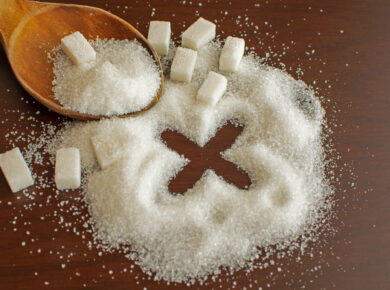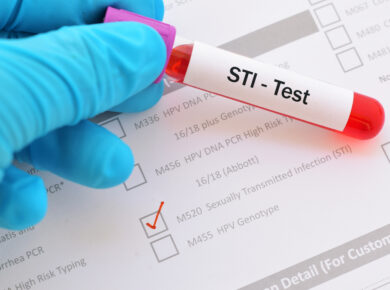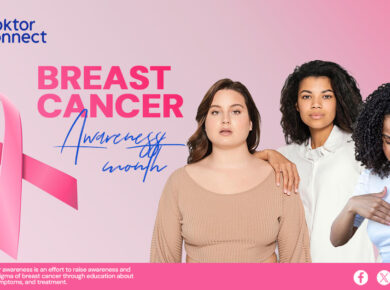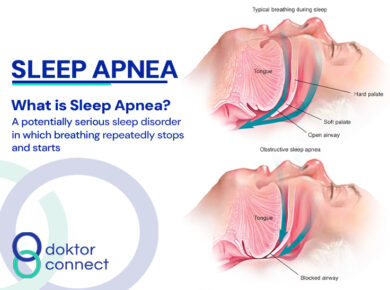Have you ever woken up to a sore in your mouth, and like most people you conclude that it’s a symptom of malaria Or you probably thought the food you ate was too sweet, so you accidentally bit your lips? Well, that sore might not be malaria as you thought. It might be HERPES.
Now, let’s get to know more about it.
What is Herpes?
Herpes is an infection with the herpes simplex virus (HSV). It causes sores or blisters to form in or around the mouth or genitals, as well as other symptoms. HSV is a common virus. According to the World health organization (WHO), around 67% of people, globally, have an HSV-1 infection, and 11% have an HSV-2 infection.
There are two types of HSV:
What are the symptoms :
Symptoms tend to develop 2-20 days after exposure to the virus.
Oral herpes: Infection is mostly asymptomatic, but symptoms can include painful blisters or open sores (ulcers) in or around the mouth (cold sores). Infected persons will often experience a tingling, itching or burning sensation around their mouth before the appearance of sores. These symptoms can recur periodically, and the frequency varies from person to person. The sores usually last 2–3 weeks at a time.
Genital herpes :These sores tend to develop on the penis, around or inside the vagina, on the buttocks, or on the anus, though they can form on other areas of skin.
Herpes can also cause pain when urinating and changes in vaginal discharge.
Genital herpes caused by HSV-1 typically does not recur frequently. With HSV-2, recurrent symptoms are common.
Soon after this initial outbreak, symptoms may recur frequently. Over time, outbreaks may occur less often and the symptoms tend to become less severe.
The first time a person develops the sores, they may last 2–6 weeks.
How can Herpes be Transmitted?
When Human simplex virus is present on the skin, it can easily pass from person to person through contact with the moist skin of the mouth and genitals, including the anus. The virus may also spread through contact with other areas of the skin and the eyes.
Infection can occur in the following ways:
- having vaginal or anal sex without using barrier protection, such as a condom
- sharing sex toys
- having any other oral or genital contact with a person who has herpes
The virus is most contagious between the time when symptoms first appear and when they heal. Less commonly, a person can transmit the virus when symptoms are not present.
If a woman with genital herpes has sores while giving birth, the virus can pass on to the baby.
A person cannot contract HSV by touching an object or a surface, such as a washbasin or towel.
Steps that can reduce the risk of developing or passing on herpes:
- using barrier protection, such as condoms, when having sex
- avoiding sex while symptoms are present
- avoiding kissing and oral sex when there is a cold sore around the mouth
- washing the hands thoroughly, especially after touching the affected area, during an outbreak
Treatment :
If a person has an HSV infection, they will have it for the rest of their life, though some people never develop symptoms. If symptoms occur, they reflect the type of HSV.
There is no cure for herpes, but treatment can help manage symptoms and reduce the likelihood of them recurring.
You may speak with a Doctor via the Doktorconnect App here on ways to manage symptoms.





